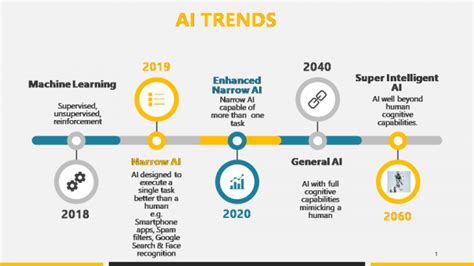The landscape of AI training is undergoing a significant transformation, moving beyond the traditional reliance on internet data. Historically, LLMs have been trained on vast datasets scraped from the web, contributing to the impressive leap in capabilities we see today. However, this methodology is facing intense scrutiny and evolving discussions within both expert and public circles. This transition marks a pivotal shift not just for technical advancement but for the ethical and practical considerations that underpin AI’s future.
One might remember the rise and fall of expert systems, which promised early AI solutions but fell short due to limitations in scalability and maintenance costs. As zer00eyz aptly pointed out, attempting to make up data could lead us down a similar path of failure. Yet, unlike the past, we now hold a digital arena rich with data generated through unprecedented channels. Our daily interactions, remote work, sensory-equipped vehicles, and interconnected devices create a continuous influx of valuable data. Modern LLMs can leverage these diverse, high-quality data sources to refine their models more effectively than ever.
The industry’s pivot toward using high-quality, generated data rather than sheer volume from uncontrolled internet sources introduces both promise and challenge. Solidasparagus rightly notes that the complexities dismissed by early AI pioneers are now surmountable with today’s technologies. We might no longer face the infeasibility of enumerating the world’s intricacies, as our environment itself provides vast amounts of structured information. However, the real hurdle lies in harnessing and integrating this data to train models without repeating the mistakes of the past.
A significant contemplation in this evolution is the potential and limitations of Artificial General Intelligence (AGI), a concept so often discussed within AI safety and development circles. As pointed out by commentators like sainez, while AGI remains an aspirational goal, the narrow AI that outperforms human capabilities on specific tasks is where economic value presently resides. This pragmatic approach focuses on achievable targets, leveraging current advancements to drive productivity and innovation.
Furthermore, discreteevent’s insights underline the distinction between data availability and comprehension. It is not merely about ingesting vast amounts of data; understanding and effectively utilizing it are paramount. This is where reinforcement learning and human feedback mechanisms come into play. OpenAI’s approach, detailed by commentators, illustrates the significant strides made with techniques such as reinforcement learning from human feedback (RLHF) to fine-tune models, enhancing their practical utility and accuracy.
Yet, the shift towards using specialized, paid datasets created by experts as opposed to freely sourced internet data also raises critical points about the exclusivity and commercialization of AI knowledge. As stephc_int13 highlights, expert contributions might seem like the right step for higher quality, but it could also represent an unbounded whack-a-mole strategy—constantly patching rather than fundamentally innovating. It echoes the bitter lessons learned from expert systems, suggesting we must tread carefully to not replicate past pitfalls.
Looking forward, the debate continues around the ethical, economical, and technical dimensions of AI training data. This includes the protection of data sources, the transparency of training methodologies, and the implications of using proprietary versus public data. The comments reflect a complex and deeply engaged community, with varied insights highlighting the diverse perspectives on the sustainability and future of LLM development. These conversations shape a resilient, thoughtful approach to AI that balances ambition with practical wisdom, ensuring advancements serve broader human interests without repeating historical missteps.


Leave a Reply